(1970) Suzanne Hirt, chair of the VCU Allied Health physical therapy program for more than 30 years beginning in the late 1940s, instructs physical therapy students. The School of Allied Health is now the College of Health Professions.
In a world of the common, we are the uncommon.
VCU is unlike any university you have ever seen. We bring curiosity, passion and an unrelenting drive to discover the ideas others can’t. We envision a future that is unbound by tradition, that seeks to disrupt the way things have always been.
Keep reading to find out how we got our start — and what we see on our horizon.
Official VCU mission: Why we’re here
Virginia Commonwealth University and its academic health sciences center serve as one national urban public research institution dedicated to the success and well-being of our students, patients, faculty, staff and community through:
- Real-world learning that furthers civic engagement, inquiry, discovery and innovation
- Research that expands the boundaries of new knowledge and creative expression and promotes translational applications to improve the quality of human life
- Interdisciplinary collaborations and community partnerships that advance innovation, enhance cultural and economic vitality, and solve society’s most complex challenges
- Health sciences that preserve and restore health for all people, seek the cause and cure of diseases through groundbreaking research and educate those who serve humanity
- Deeply ingrained core values of diversity, inclusion and equity that provide a safe, trusting and supportive environment to explore, create, learn and serve
Strategic plan
Learn about Quest 2028: Together We Transform, VCU’s strategic plan.
Values: What we hold dear
Accountability
Commit to the efficient and transparent stewardship of our resources to achieve institutional excellence
Achievement
Pursue excellence in learning, research and scholarly pursuits; service; and patient care
Collaboration
Foster respect, collegiality and cooperation to advance learning, entrepreneurship and inquiry
Freedom
Strive for intellectual truth with responsibility and civility, respecting the dignity of all individuals
Innovation
Cultivate discovery, creativity, originality, inventiveness and talent
Service
Engage in the application of learning and discovery to improve the human condition and support the public good at home and abroad
Diversity and inclusion
Ensure a climate of mutual trust and respect where individuals of different cultural backgrounds, identities, abilities and life experiences are embraced, engaged and empowered to drive excellence and success
Integrity
Adhere to the highest standards of honesty, respect, and professional and scholarly ethics
A history of breaking with tradition
On paper, we may appear to be just over 50 years old, but our history goes back much, much further. In 1838, we got our start as the Medical College of Hampden-Sydney, which later became the Medical College of Virginia. In 1968, we merged with Richmond Professional Institute and Virginia Commonwealth University was born.
Throughout our 175-year history, we’ve been blazing trails. Here are a few of our firsts.
- The first school of social work in the South
- First American campus in Qatar
- First LEED Platinum building in Virginia
- First university in Virginia to receive major National Institutes of Health grant to support translational research
- First men’s basketball team to go from First Four to Final Four

Seven hundred ninety-one women graduated from Medical College of Virginia’s St. Philip School of Nursing, which opened in 1920 and closed in 1962. The St. Philip School of Nursing was established in conjunction with the newly built 176-bed St. Philip Hospital, which treated the local black community.
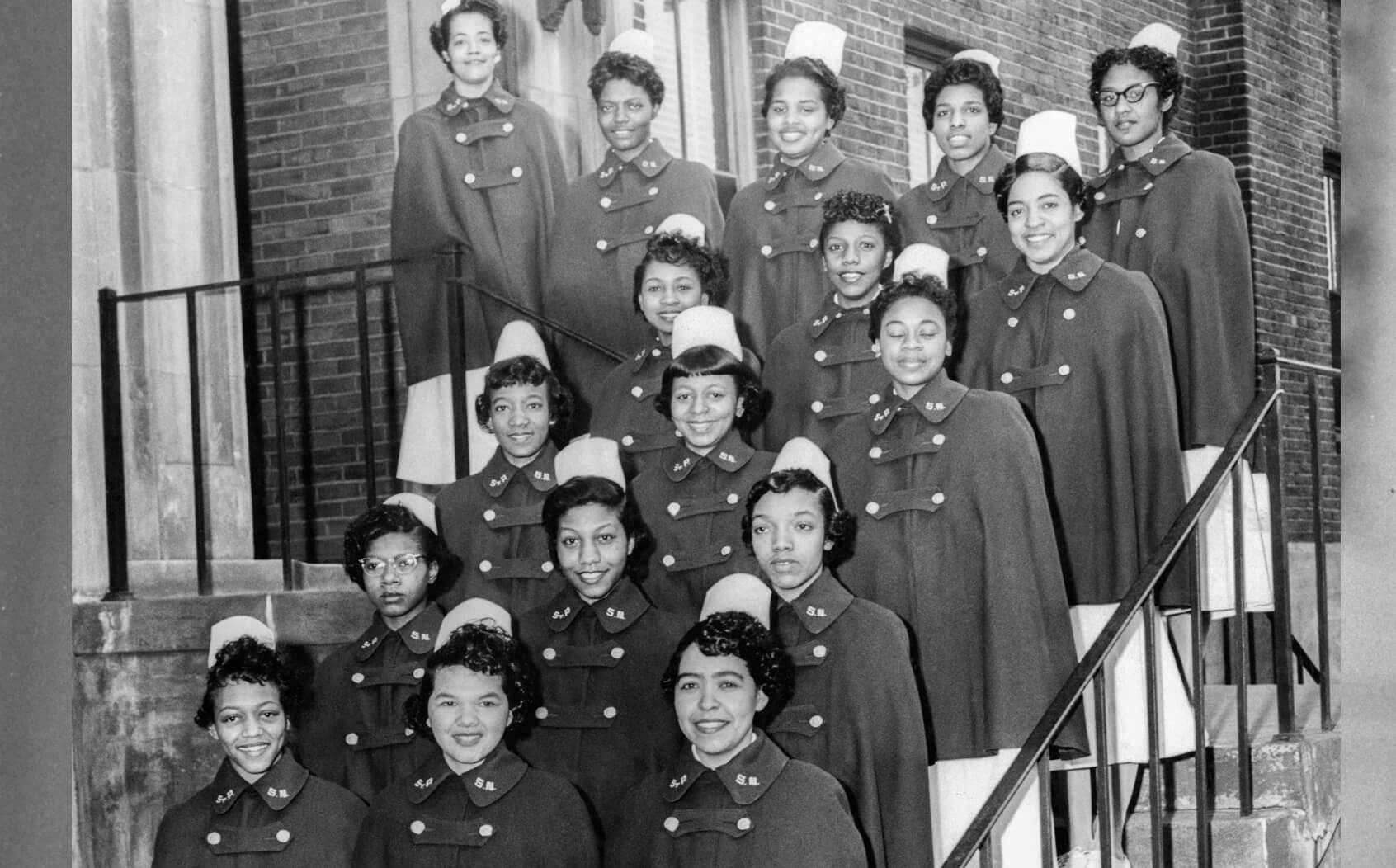
Theresa Pollak (1899–2002) was a Richmond-born artist and educator instrumental in the founding of the VCU School of the Arts.
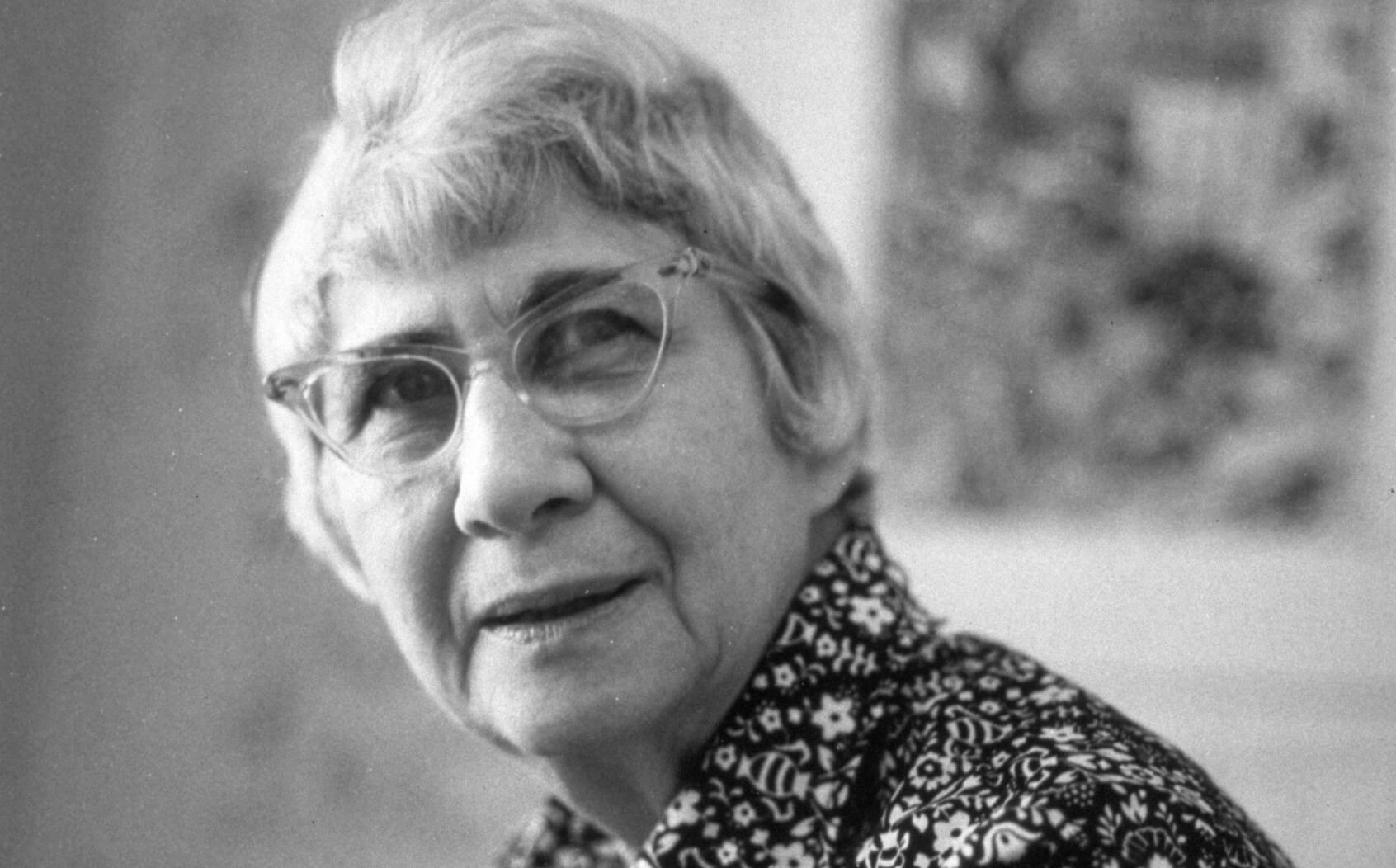
Jim Elam, a 1973 graduate of the School of Social Work, was the first African-American president of VCU’s Student Government Association.
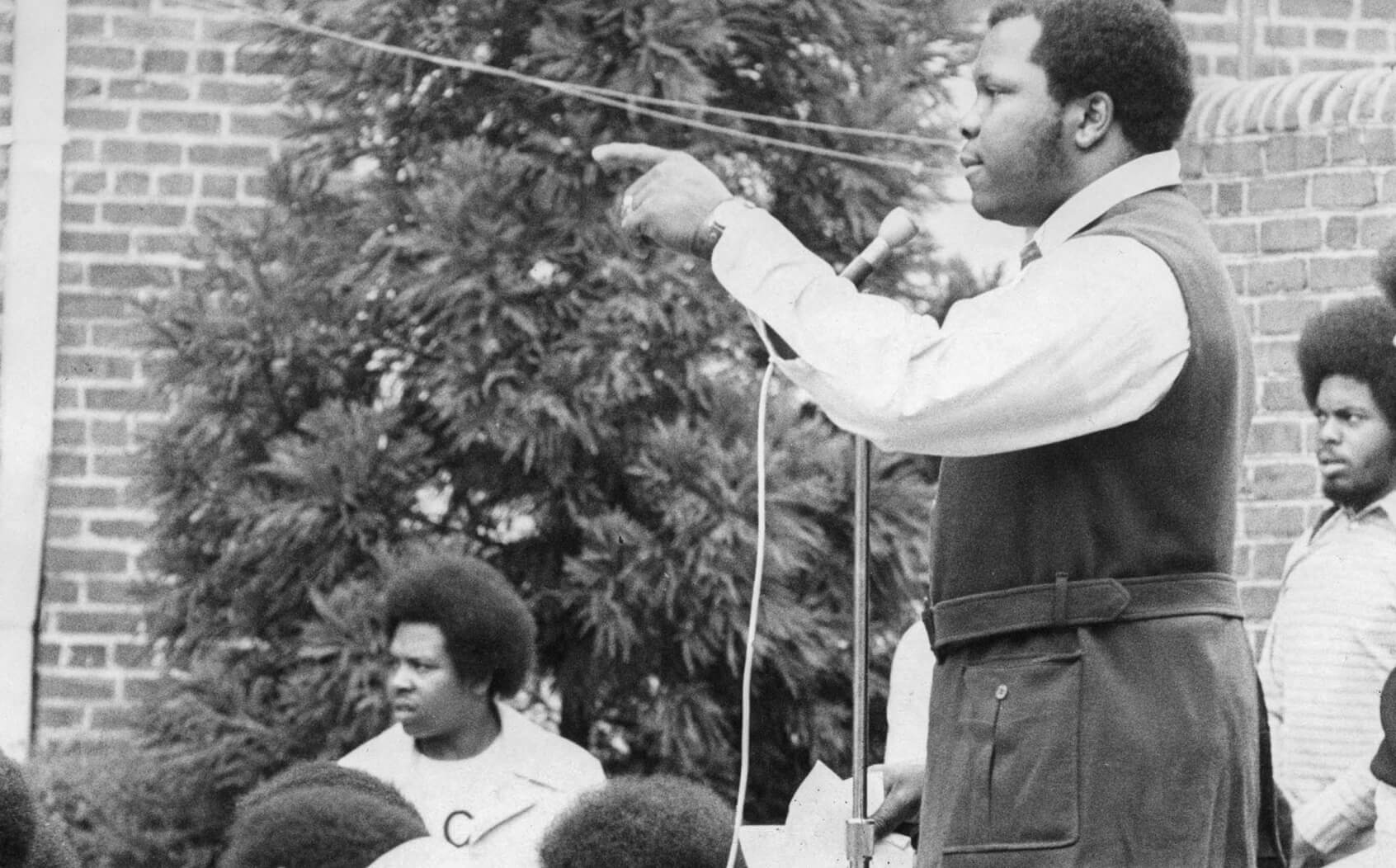
An early Rodney the Ram
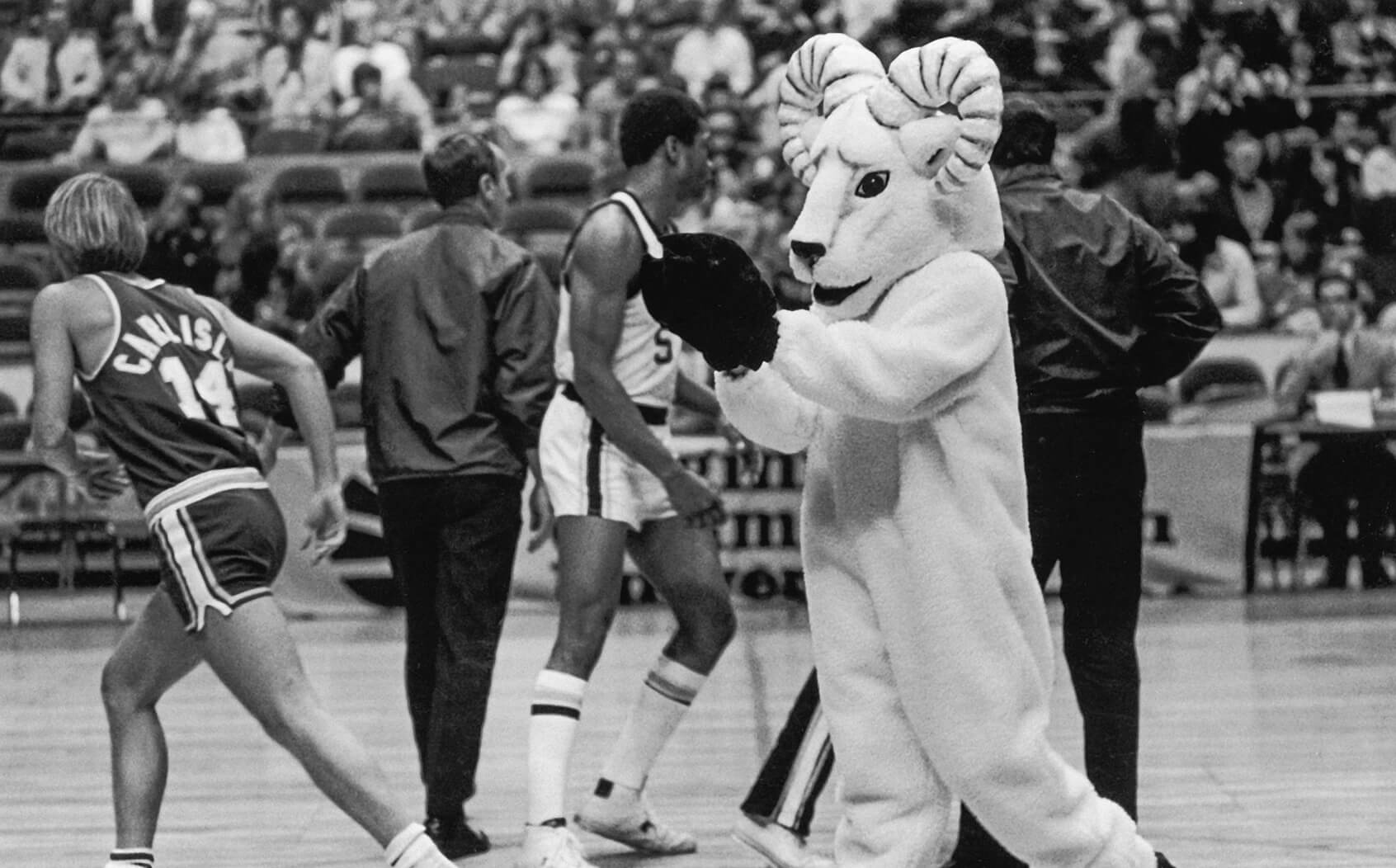
Commencement at the Richmond Coliseum in the mid-1980s
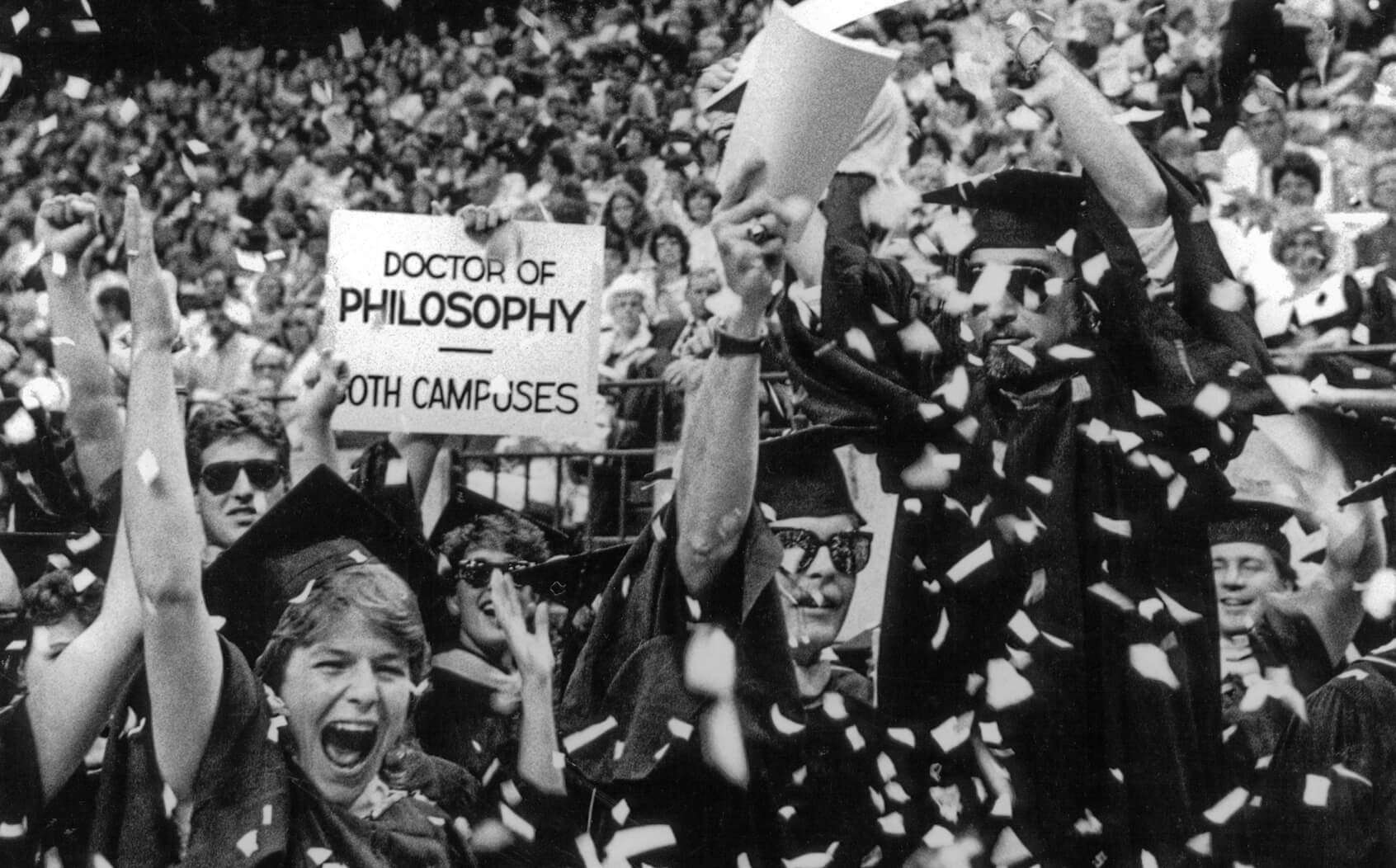
The Medical College of Hampden-Sydney was established in 1838, later becoming the Medical College of Virginia. In 1968, Medical College of Virginia merged with Richmond Professional Institute to become Virginia Commonwealth University.
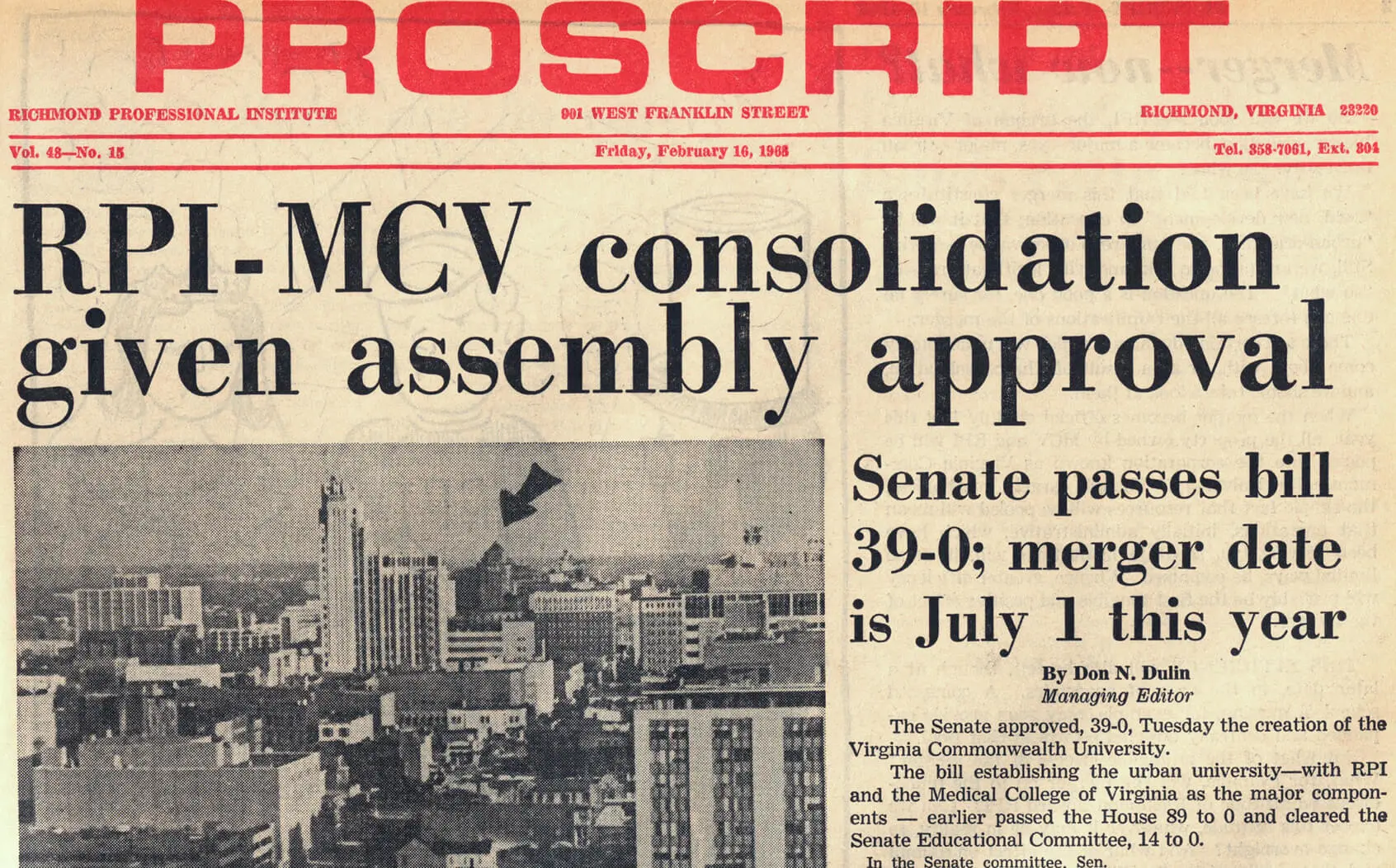
Land acknowledgement
Virginia Commonwealth University and the VCU Health System acknowledge that we live and work on the traditional lands of the Powhatan Chiefdom and the Monacan Nation, their ancestors, and future generations.
We recognize that our university and health system were built on their homelands and this acknowledgement demonstrates our commitment to contribute to the work of truth and reconciliation, to educate ourselves about Indigenous cultures, and to make visible Virginia’s Indigenous histories and untold stories. By recognizing Virginia Native peoples’ relationships to these lands, we affirm their ongoing presence on these lands, and their rights to self-determination. Virginia Commonwealth University and VCU Health System commit to learning the history of this land, and to expanding and cultivating meaningful relationships with the 11 Virginia Native tribes: 7 federally-recognized nations, Chickahominy, Chickahominy-Eastern Division, Monacan, Nansemond Tribe, Pamunkey, Rappahannock, and Upper Mattaponi; and 4 state-recognized nations: Cheroenhaka (Nottoway), Mattaponi, Nottoway, and Patawomeck. We also recognize and commit to expanding and cultivating meaningful relationships with the Algonquian, Iroquoian, and Siouan language speaking peoples of Virginia.
